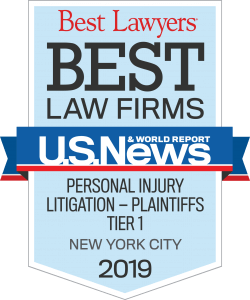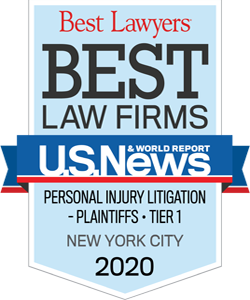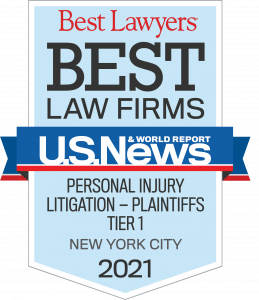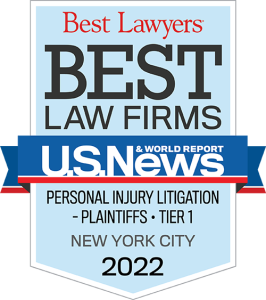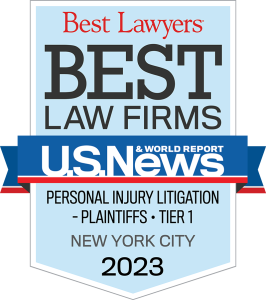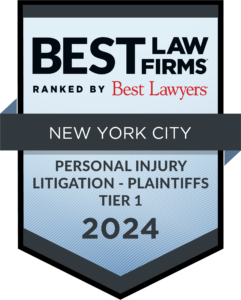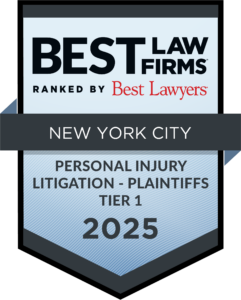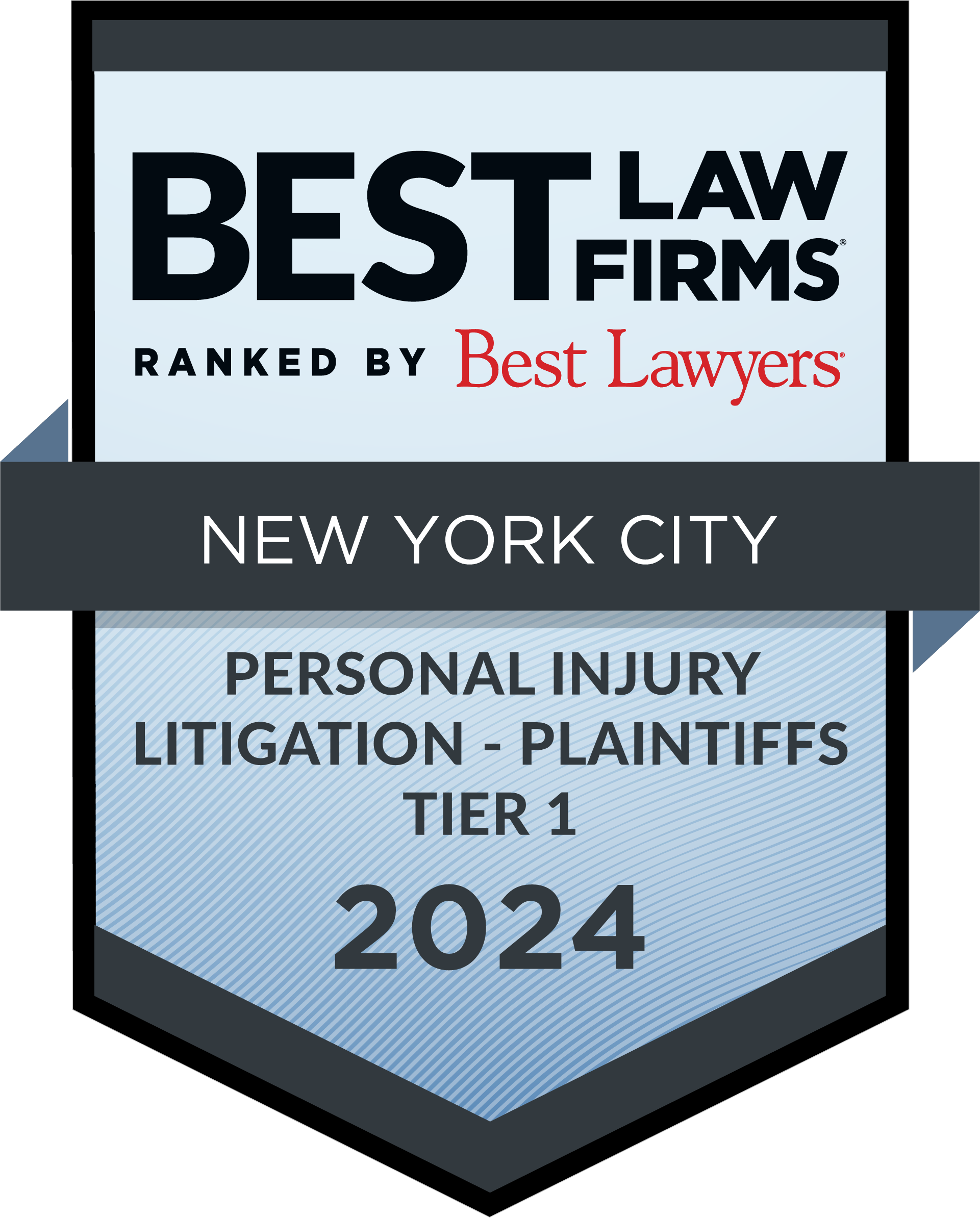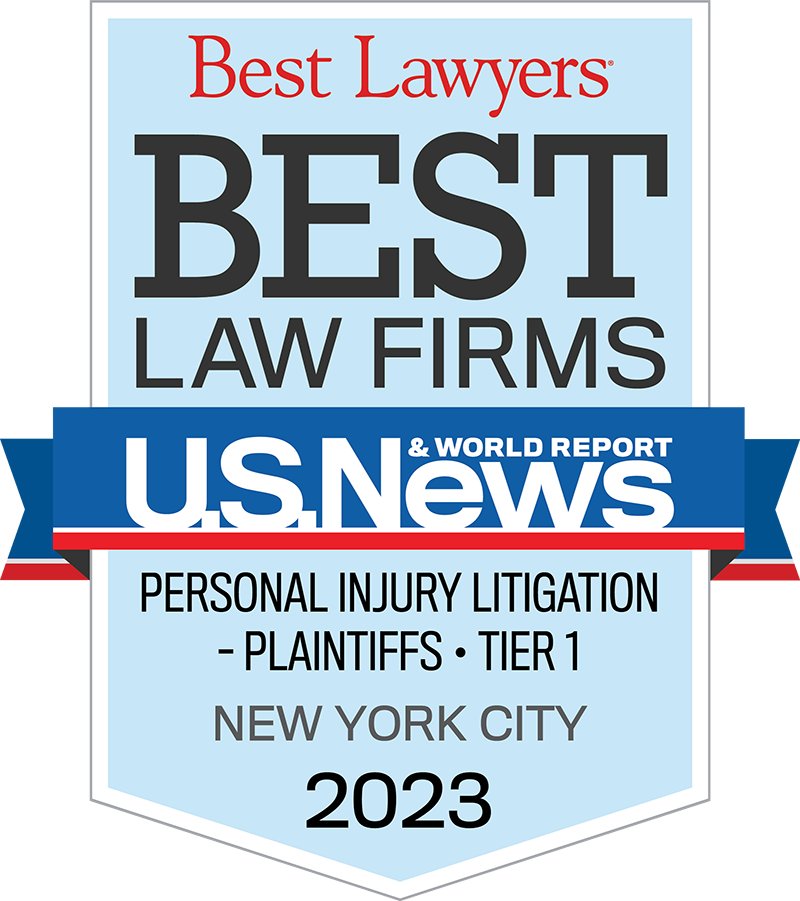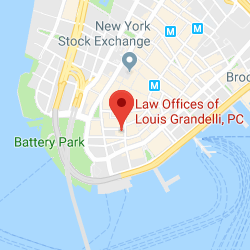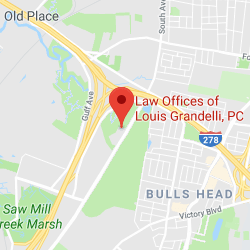Due to technological advancements in the medical world, disabled individuals today are becoming increasingly reliant on various prosthetic devices in order to lead normal daily lives. Indeed, the use of prosthetics and medical devices for many individuals directly implicates their ability to earn a living and lead an enjoyable life.
Despite the growing prevalence of such devices, courts have done little to recognize any right of recovery for personal injury victims in the form of pain and suffering, lost earnings, medical expenses, lost enjoyment of life, or loss of consortium, for those whose devices/prosthetics are damaged or destroyed, only carving out a right for reimbursement of the cost of the prosthetic’s repair or replacement value.
Traditionally, under the law, prosthetics have been regarded as tangible “things” which may be possessed or disposed of. As a result, courts have taken the view that these devices were mere property and didn’t justify rewards relating to loss of enjoyment or earnings. This trend does not reflect that damage to these devices, which give an individual the ability to see, hear, walk, or pump blood can quickly result in financial hardship from an inability to work or in drastic changes to one’s lifestyle. Advancements in prosthetics today give individuals the ability to actually regain use of a limb or organ to the extent that they merge with these devices and feel whole again. The loss of such a prosthetic in the context of advancements in the field is more akin to the loss of an actual limb in a personal injury action as opposed to the destruction of one’s personal property.
Medical insurance companies have also historically implemented arbitrary rules regarding prosthetics. Insurance companies will often cover necessary prosthetics subject to annual or lifetime caps; in some instances prosthetics are excluded altogether. Recent changes to health insurance policy however do reflect a shift in the way that prosthetic devices are regarded.
According to a May 2015 press release, Donna Frescatore, executive director of New York’s health insurance exchange, announced that restrictions limiting adult amputees to one prosthetic limb per lifetime would be eliminated in 2016.
With growing reliance on prosthetic devices coupled with the rapidly advancing technology in the field, tort law must follow suit with medical insurance policy and allow for greater recovery for personal injury victims who suffer damage or loss of such devices. While prosthetics may literally be tangible property, the manner in which individuals acquire them renders them something far more personal.
Someone who loses a limb due to an accident, disease, or illness does not acquire a prosthetic in the manner others typically acquire property. The prosthetic is designed to restore the individual and allow them to regain normal function. For an individual who becomes dependent on a prosthetic to function, the device loses its identity as tangible property which may be disposed of. An individual whose car is damaged does not suffer the same harm that one does whose prosthetic arm is destroyed. As a result, tort law should function to reflect this distinction in the right of recovery afforded such individuals.

